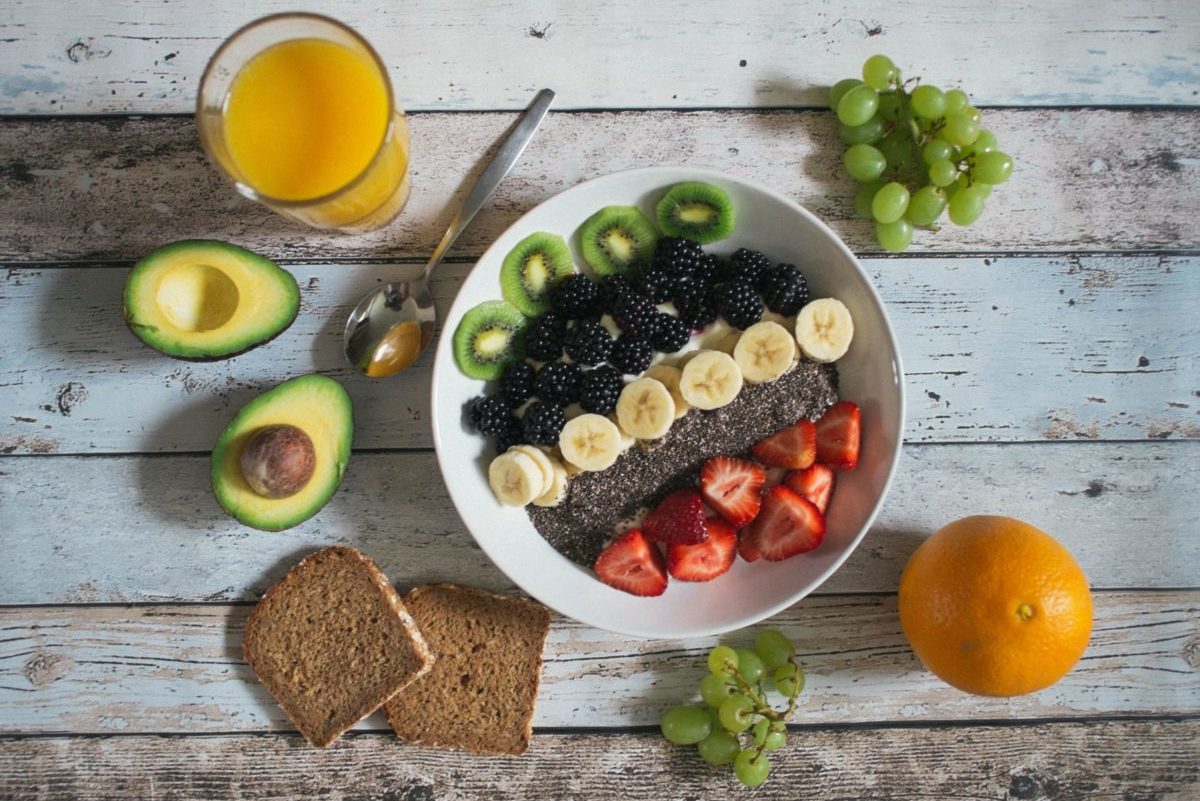When it comes to our diet, making changes that will have a positive impact on our health doesn’t necessarily mean you have to do a complete overhaul on everything you eat. Sometimes it’s just about swapping out some of your store cupboard essentials for some healthier alternatives.
Not sure where to start? Don’t worry, we’re here to explain some of the roles different types of food plays in the body and suggest some healthier alternatives you might like to make.
Carbohydrates
Carbohydrates are the body’s main energy source and it is recommended that they should make up around a 50-60% of our daily calorie intake. Each gram of carbohydrate we eat contains four calories. If we consume too many carbohydrates, or too many that contain refined sugar, we are at risk of storing extra body fat and long term health conditions such as diabetes.
There a different types of carbohydrates- simple and complex and they all have a different rating on the glycemic index (GI) scale. GI scale rates carbohydrate on how quickly they affect our blood sugar level. The carbohydrates with a higher rating affect our blood sugar levels at a much faster rate. These foods tend to make us feel energised very quickly, but they often leave us with a sugar crash after a short period of time.
We should try to eat more low GI carbohydrates in our diet. This will help reduce those sugar crashes but also help to reduce the risk of strokes, reduce our cholesterol, reduce of risk of diabetes and reduce inflammation in the body.
Here is a list of common carbohydrate foods and their potential alternatives:
White bread… replace with multi-seed bread
Cornflakes… swap to oats
White sugar… change to honey
White rice… substitute with brown rice, quinoa, or cauliflower rice
White pasta… replace with brown pasta or vegetable pasta (like corgetti)
Mash potato… try cauliflower or broccoli mash
Fats
Fats have had a lot of bad press over the years, with people under the impression that fats make you fat. But it isn’t as simple as that. Fats do contain nine calories per gram, so they are very energy dense and should be consumed in small quantities but they are essential for a balance diet, and they are used to help with the absorption of vitamins.
Too much saturated and hydrogenate fat in our diet can lead to an increase in our cholesterol levels, raise our blood pressure and be negative on our heart health in general.
Some easy changes to reduce these are:
Whole milk… replace with semi skimmed, or even dairy-free alternatives such as almond or oat milk.
Fried foods… try changing the way you cook them, how about grilling or steaming them instead?
Cream… swap to Greek Yoghurt
Protein
Made up of amino acids, protein is used in our bodies for growth and repair. There are 20 different amino acids, nine of which are essential and must come from our diet. (The other 11 are non-essential but for a balanced diet we should ideally aim to have all 20.)
Meat and dairy products such as cheese, milk, chicken, eggs and oily fish are all good source of protein. But plant-based proteins are often overlooked and also contain lots of the different 20 amino acids. Sources of plant-based proteins are include beans, chickpeas, nuts, quinoa, lentils and other pulses. We should try to include at least one protein source at each meal.
Snacks
We all enjoy a tasty snack from time to time, but we need to be aware of how often we are snacking and our portion size. If we are frequently snacking on high fat and high sugar foods we could see our daily calorie intake rise significantly leading to the risk of weight gain.
Here are some swaps to consider for healthy snacking
Crisps… try a handful of nuts instead
Sweets… how about a handful of dried fruit.
Milk Chocolate… change for dark chocolate.
Biscuits… try some fresh fruit or cherry tomatoes.
Ice Cream… swap for frozen yoghurt or sorbet.
Fizzy drink… could you try flavoured water or a small glass of fresh juice?
You don’t need to make all of these swaps in one go, try introducing them little and often and see how you get on.

